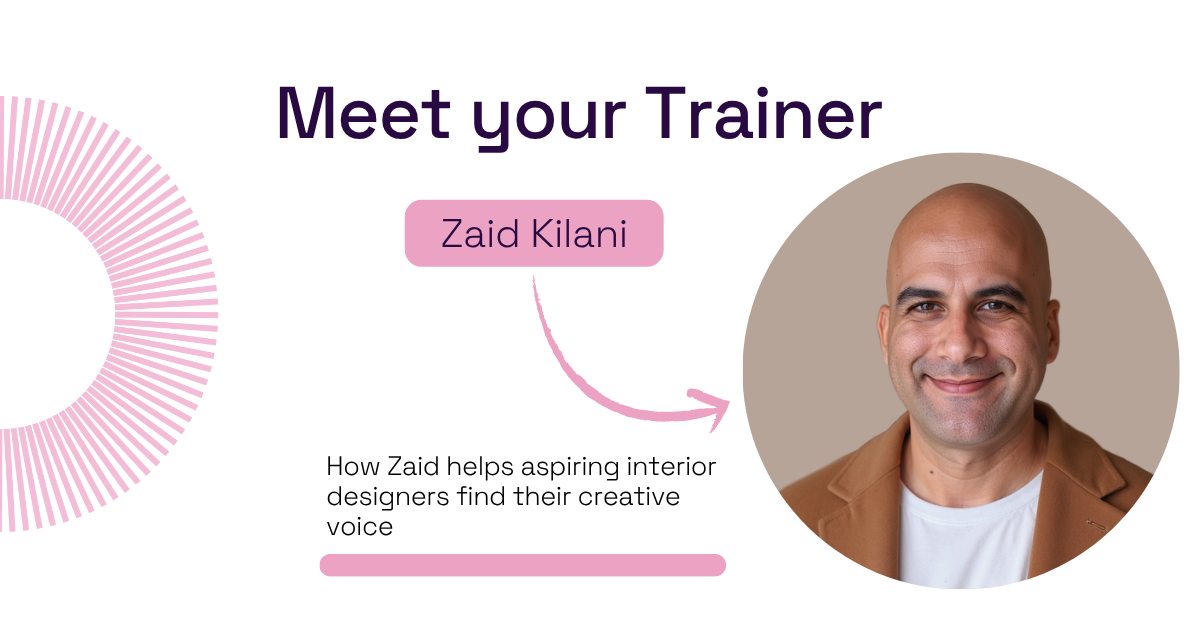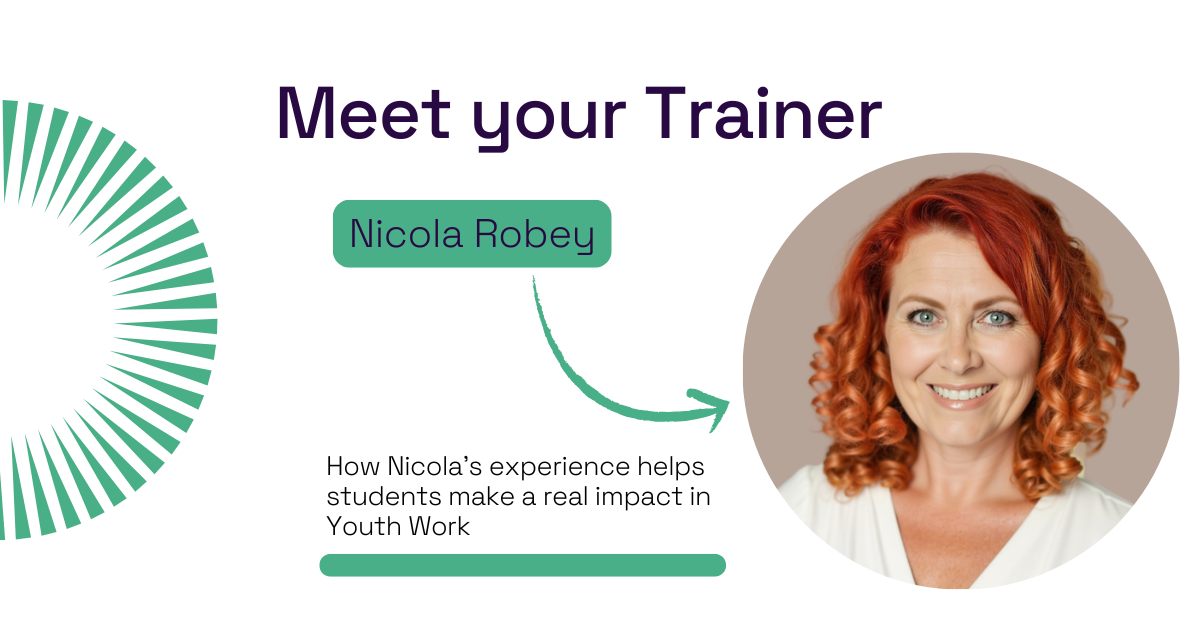Explore our collection of informative and educational blog posts to stay updated on the latest industry trends and expert advice.
25 Tricks to Stop Teacher Burnout

There’s a reason why teachers receive a sad, knowing nod from others at a dinner party or when meeting new people. The profession kicks us around and often kicks hardest when we’re down.
We teach for the pleasure of sharing a subject or skill that we love and hope to infuse a passion in someone else. We don’t teach for the pounding headaches or the late nights grading. We don’t teach because we like low pay and instability.
So, in the light of how teachers are treated, it’s only natural to see teachers burnout more quickly than in any other profession. That’s why we need to take steps to protect ourselves from the inevitable because it can be prevented and controlled.
Follow these steps and keep yourself safe from the overkill, the stress, the demands, the inconsistencies, the long hours, the endless grind, and the disregard for competitive compensation.
1. Mindfulness meditation.
Mindful meditation uses breathing techniques to bring you closer to the present moment. Being in the present moment means being more proactive and controlled in difficult situations. In a recent study, subjects who spent more time practicing this showed increased levels of gray matter according to brain images. See more at National Institute of Health.
2. Smile.
It sounds simple, but for teachers it sometimes feels crazy. How can you smile with so much work, not enough hours to finish your work, and definitely without the pay your worth? You smile because it physically changes your body chemistry and, well, if you’re truly burning out, it will spark something inside you to keep moving forward. According to the Association for Psychological Science, smiling not only improves your mood but others’ as well.
3. Laugh—all the time and wildly.
Laughing empowers you, recharges you, and it’s also contagious. Giving yourself a moment to laugh at an unbearable situation helps put things into perspective, but it also helps you stay healthy and, well, happy. Find out more about work and laughter at Laughter Works, an Australian company that promotes laughter in the workplace.
4. Avoid conflict.
We all know avoiding conflict seems almost laughable when you wear the label teacher, but it’s an important skill. Do it as much as possible. Conflict pelts us like a machine gun so avoiding it saves a lot of time and energy on our part. You do this by adhering to that old saying, “Pick your battles.” The Conflict Resolution Network outlines 12 skills to help you avoid conflict.
5. Solve problems quickly and efficiently.
When you can’t avoid the inevitable, solve the problem as quickly and efficiently as possible. Strike the issue and use your gut to guide you then let it all go. This keeps worry at bay and therefore saves you a lot of wasted energy. Learn strategies at Mediate.
6. Monitor your feelings.
Be hyper aware of how you feel. The first signs of feeling overwhelmed materialize differently with every person, but remain aware of them and you’ll be able to control them by taking a step back from work, even for a few moments, just to observe. Mind Tools details how to manage and monitor feelings.
7. Plan for grading.
There should be set times to grade. Stick to those times and you’ll breathe easier when other work gets thrown your way. To make it even more effective, time yourself when you grade to ensure that you don’t spend too many hours on any one assignment.
8. Shift your focus to home.
When we use so much technology, we sometimes lose our sense of boundaries and forget where work should be. Understandably we can’t keep work at work all the time. But, keep yourself in check. Time boundaries often make more sense. The boundary could be that for three hours you don’t grade, plan, or read emails.
9. Take a day off.
Sometimes, when the beatings you’ve taken add up to just too much work, it’s time to take a day off. Often, it’s just what you need to recharge and keep going. It’s the day that’s not a holiday or a sick day, it’s just your day. When you return to work, you’ll be able to teach with more power and insight than before.
10. Slow down.
If taking a day off isn’t possible, just slow down. Skip the coffee and just take a break. Sit and stare out the window for minutes at a time. Walk slowly to your next meeting. Breathe fresh air. Remember the beauty of taking your time.
11. Throw your lessons out the window.
Relying on routine is one thing. Redundancy is another. If you feel as if teaching’s become repetitive and stale, then your students will too. You’re body and mind will react accordingly so start small and throw out one lesson. See what happens. When it works, do it again.
12. Sink into teaching something new.
Ask to change courses or add a twist to your old way of teaching. Sometimes that feeling of burning out really means you’re burning out of ideas, so map out something new and send yourself on the same path as the student when you feel as if you’re slowing down too much.
13. Sleep.
Frankly, this should be your trick for every other number on this list. Teachers just don’t sleep enough. Between worrying over problems with our students or superiors and being overwhelmed with work, sleep takes a backseat. And, yet, it keeps us alert and powerful when we need to solve problems. So set a curfew for yourself. Check out this Harvard Medical School research on the effects of sleeplessness.
14. Exercise.
Walk, swim, run, do yoga or pilates, but find a way to exercise. It helps you sleep better and it keeps you healthy. Burnout won’t happen if you’re busy taking care of your mind and body. Exercise also releases endorphins that will help you smile in the face of difficulties. Visit the Mayo Clinic for more about why exercise is so important.
15. Invite a friend to lunch.
You might be saying, “What lunch?” Too many teachers go without lunch or even breaks so inviting a friend to lunch quickly remedies that problem. If you know you have an appointment and someone else is coming, it sets you up to meet someone. Besides, talking to friends also recharges you. PsychCentral demonstrates the importance of seeking refuge in friendship.
16. Take your own advice.
Teachers love to give advice—especially zen-like advice that’s supposed to make everything all better when students run into problems. But, we rarely take our own advice. This is where we go wrong. Look at even the most simple expectations you have for your students and think about whether or not you actually use the advice you dish out. You’ll be surprised at how much you give and never receive.
17. Establish routines.
It doesn’t matter how old you are. Routines provide a sense of structure and therefore give us a feeling of security. So when everything else may seem out of control, our routines remain in place and you remain sane. Make sure you follow specific routines daily even if it’s as small as having a morning cup of coffee.
18. Teach from your heart.
Because the reason we started teaching in the first place was for the love of teaching, then remember to teach from your heart. Being passionate about your work keeps you focused and generates energy for yourself and your students.
19. Move on.
If your environment and classes just aren’t working out, then move on. There are lots of teaching jobs out there and this one might not be for you. Rethink your situation. Ask yourself: Is this worth it? Can I move forward here? If it feels temporary, then look elsewhere. Staying may be the source of your stress.
20. Build success.
When staying means changing your circumstances, focus on success. Setting concrete goals for yourself and with your students in mind sends you in forward motion. Set daily goals or monthly goals and meet them. This will confirm a sense of success and therefore boost your ego, a more-than-necessary antidote to burnout.
21. Create small sanctuaries.
Your sanctuary doesn’t have to be the house and it can’t be the office. It can be a garden or a walk around a garden. It can be a drive to Starbucks for a Frappuccino. Sit there for at least 10 minutes, listen to the music and people watch. It might even be your bathroom. Create a small spaces just for you in the different places you occupy in life.
22. Find support.
Being right in the middle of burnout because the other tips and tricks just didn’t work out might be too much for you. Find support in the form of superiors, co-workers, friends, and family. Sometimes all you need is someone to guide you, to tell you what to do, especially if you’re too engulfed in an emotionally draining situation.
23. Demand respect.
Burning out involves sucking someone’s energy. There’s something or someone bent on taking your worth from you. Be aware of this and demand respect. Don’t just say it either. You must hold your head high no matter what and stand your ground in whatever situation you’re battling. Even if there’s an apology necessary on your part, saying it with dignity ensures that your respect remains intact.
24. Change your perspective.
Give the students the bulk of the work by challenging them to do what a teacher normally does without actually using those words. Put the pressure on them. That’s actually the way it should work, but too many times we take on their burdens as our own, especially when we truly care about our students.
25. Know your limits and set them.
Pushing yourself to do too much will set you up for failure. You know it’s too much when you feel out of synch, when confusion or chaos begins to seep into your daily activities. So, know what you just can’t do and don’t do it. Don’t be the “yes” man. Learn to say, “No, I’d love to help, but I just have too much on my plate right now.”








